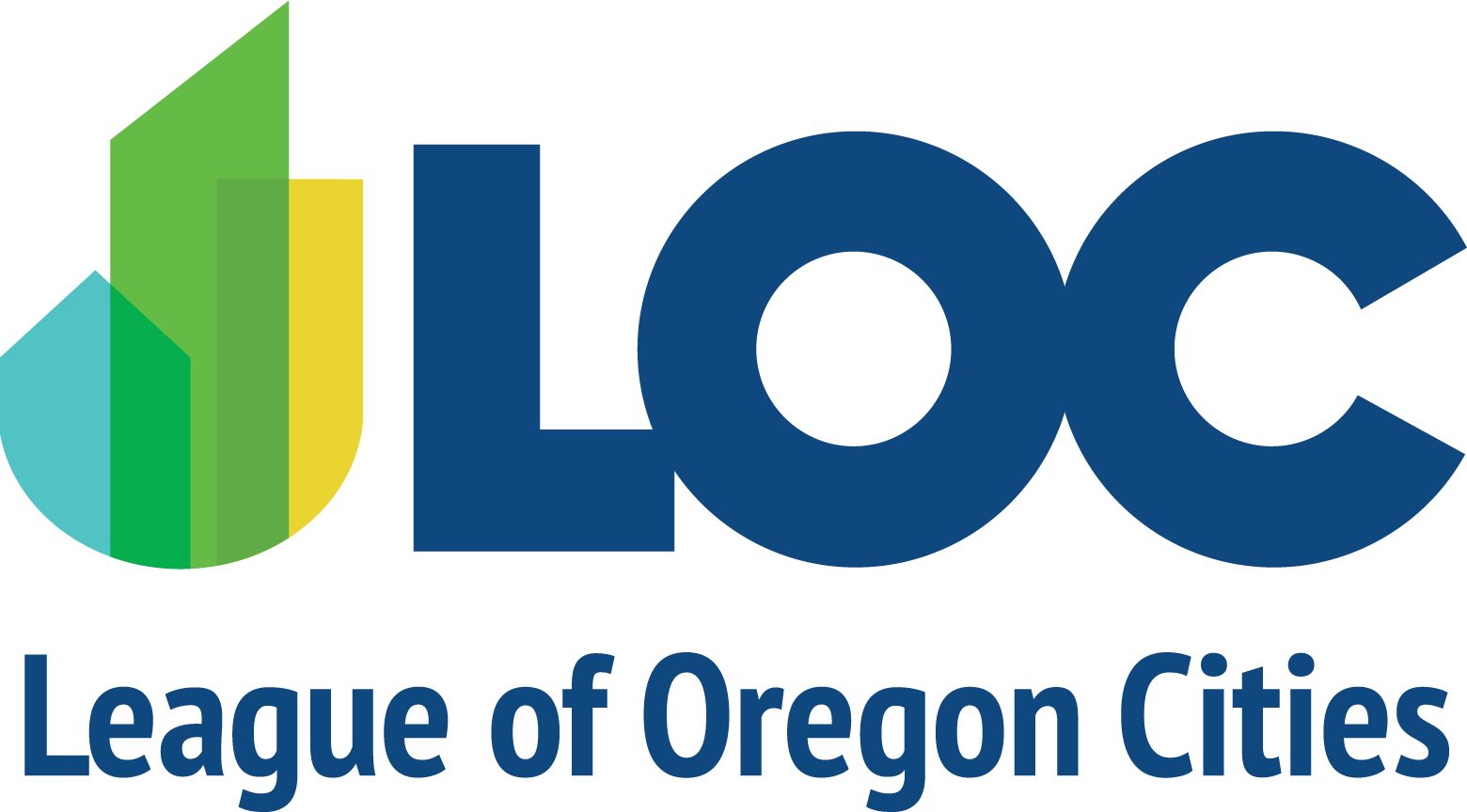
How to Lobby for Policies
Resources:
Oregon’s 241 cities are strongest when we work together. Follow these guidelines to gain ideas and resources to advocate for strong cities. This page covers understanding the League of Oregon Cities' priorities, creating your city’s priorities, and how to tell your city’s story.
Video: How to Lobby for Policies
Understanding LOC Priorities
Throughout the spring of even-numbered years, the LOC's seven policy committees meet to identify policy recommendations for the upcoming two-year legislative cycle. Policy recommendations are identified and advanced to a ballot, where each LOC member city is asked to identify its top five legislative priorities. The final legislative priorities are posted on the LOC website, with greater detail on the issues and the LOC’s position.
Incorporating your city’s priorities into the broader LOC legislative agenda helps create a cohesive message for the Legislature.
Creating Your City’s Priorities
Tell your legislators what you want from them. Developing a legislative agenda is a simple and effective way to get your legislators' attention.
- Keep it short and simple – one page only.
- Add credibility by having your city council adopt it before session.
- Include capital needs along with policy priorities.
- Incorporate LOC’s Legislative Priorities into your agenda.
- Make it public. Post it on your city’s website, put it in your newsletters, and insert it into utility bills.
- Work with your local media for coverage.
Once your city legislative agenda is created, share it with us!
Sample city legislative agendas:
Tell Your City’s Story
Communicate what your city needs early and often. Frame your city’s issues in a way that legislators can understand and remember.
- Don’t just send an email – call or text them! Speak with your legislator or the legislative assistant.
- Stories stick. Frame your city’s “ask” with a local story. Too many charts and graphs can make brains spin.
- Respect staff and use time wisely. Staff are busy! They appreciate clarity and brevity.
- Ask for frequent meetings or calls with your city, or a group of cities.
- Talk about specific bills or budget priorities and tell stories about real impacts on your constituents.
- Speak up even if you think it may not be necessary. If legislators don’t hear from you on something deemed important, they may assume you don’t care or that the issue has no impact on your community.
